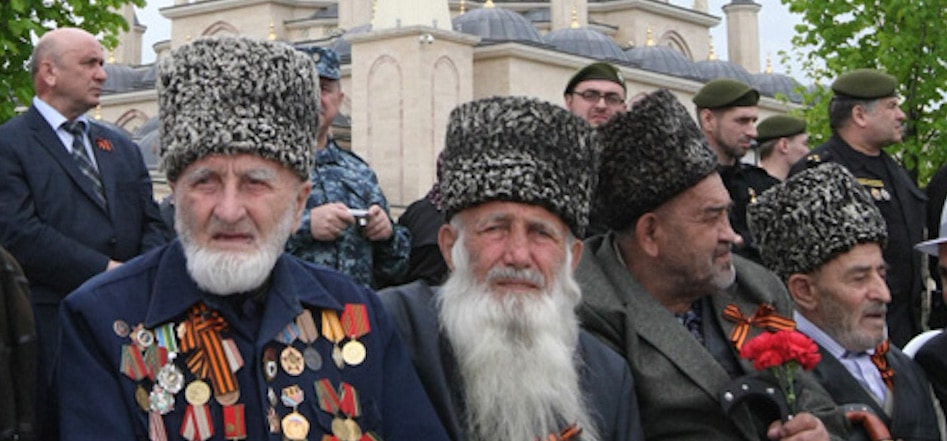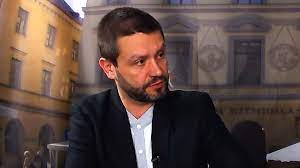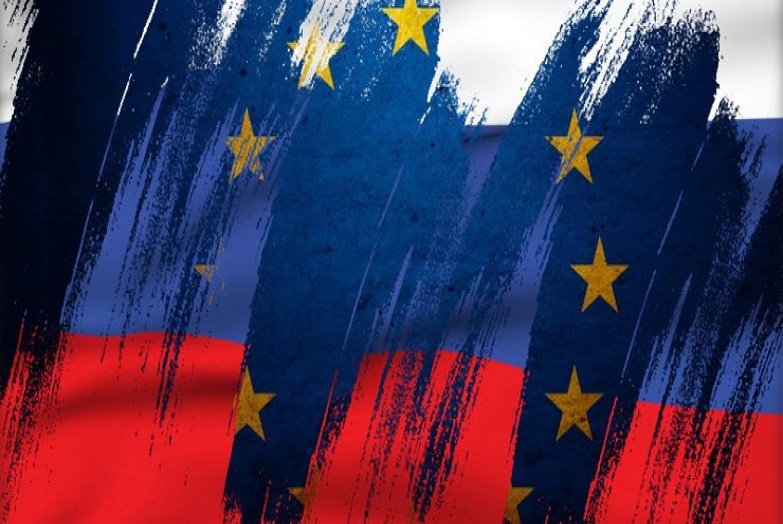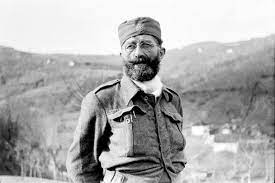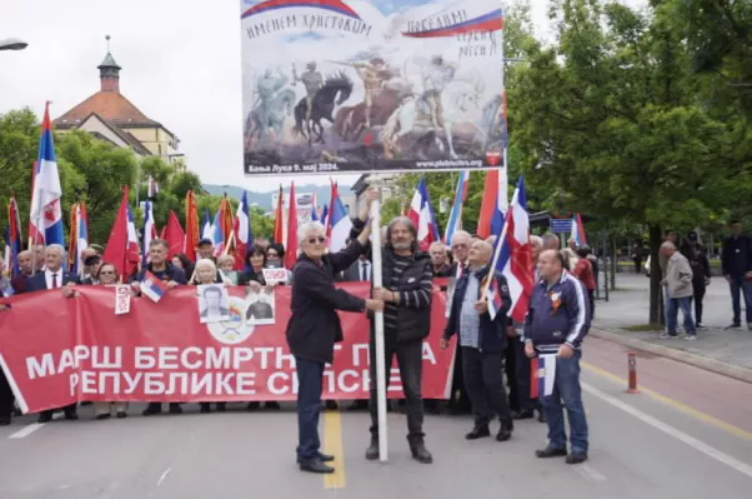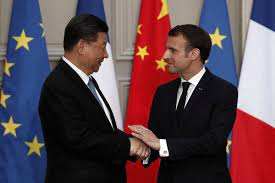By Dr. Vladislav B. Sotirović
In 2009, Russian President Medvedev (President from May 7th, 2008 to May 7th, 2012) called for a new European security policy known as “Fourteen Points” as a new security treaty to be accepted to maintain European security as the ability of states and societies to maintain their independent identity and functional integrity (this Russian draft European security treaty was originally posted on the President’s website on November 29th, 2009). This treaty proposal was passed to the leaders of the Euro-Atlantic States and the executive heads of the relevant international organizations such as NATO, EU, the Collective Security Treaty Organization (CSTO), the Commonwealth of Independent States (CIS), and the Organization of Security Cooperation in Europe (OSCE). In this proposal, Russia stressed that it is open to any democratic proposal concerning continental security and is counting on a positive response from Russia’s (Western) partners.

